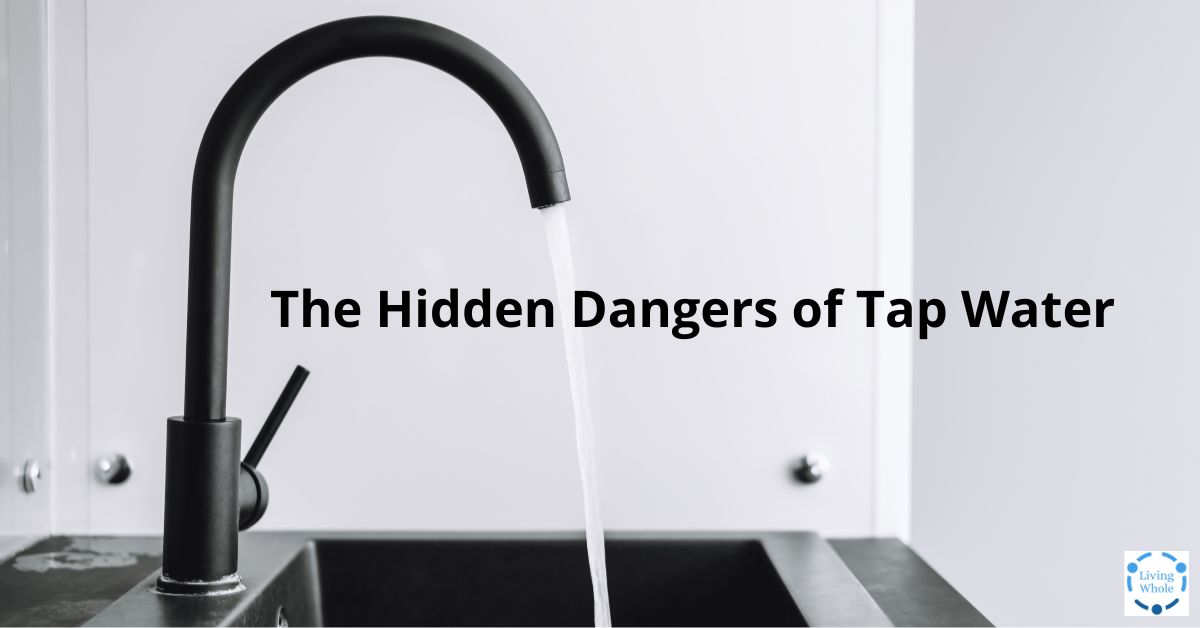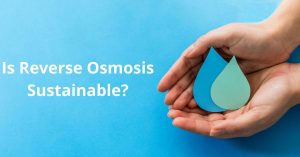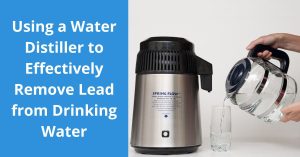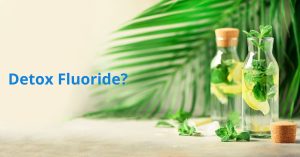As a mother and originally from Germany, I never gave much thought to tap water—until I moved to Australia. Back home, our water was pure, fresh, and free from additives. Here, the first thing I noticed was the strong taste of chlorine, making it smell and taste like a swimming pool. That got me thinking: What else is in our tap water, and how might it be affecting my family’s health?
My concerns deepened when I learned about fluoride and other chemicals commonly added to municipal water supplies. Despite the widespread praise for fluoride’s role in dental health, studies have linked excessive exposure to potential risks, particularly for young children. Combined with chlorine, heavy metals, and other contaminants, I realised our tap water might not be as safe as I once assumed.
Why Should We Avoid Tap Water?
Tap water, despite being treated, can contain a variety of unwanted substances:
– Chlorine & Chloramines are used to kill bacteria, but they can dry out skin, irritate eyes, and even affect respiratory health.
– Fluoride might be beneficial in small doses, long-term overexposure may have health implications.
– Heavy Metals like lead, mercury, and arsenic can sometimes leach into water from old pipes.
– Traces of Pesticides & Pharmaceuticals from agricultural runoff and medications can end up in water supplies.
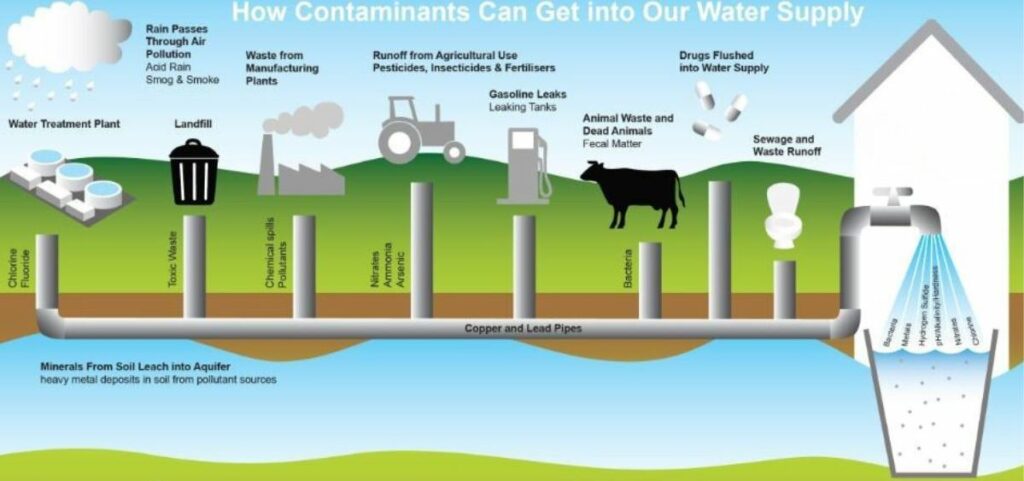
For my family, the most immediate issue was the effect of chlorine on our child’s skin. Our little one suffered from dry skin and occasional eczema flare-ups. After some research, I learned that chlorine strips the skin of its natural oils, exacerbating these conditions. That’s when I decided to take action.
Should You Filter Australian Tap Water?
Absolutely. While Australian tap water is generally safe by regulatory standards, that doesn’t mean it’s optimal for health. If you’re sensitive to taste, concerned about chemical additives, or dealing with skin irritations, filtering your water can make a big difference.
Our Solution: A Whole Home Water Filtration System + Benchtop Purifier
After diving a bit deeper into our options, we installed a whole home water filtration system. This system significantly improved our home by eliminating chlorine, PFAS, sediment, and other impurities from every tap. Almost immediately, we noticed our child’s skin was less dry, and those stubborn eczema patches started improving significantly.
But since fluoride requires a more specialised filtration method, we also added a benchtop water purifier with reverse osmosis (RO) technology. An RO water filter is one of the most effective ways to remove fluoride, heavy metals, and dissolved solids, giving us peace of mind with every sip.
The Best of Both Worlds
– Whole home water filtration system → Eliminates chlorine and improves water quality for bathing, cooking, and washing.
– Benchtop water purifier (RO system) → Ensures our drinking water is free from fluoride and other micro-contaminants.
Whole House Water Filter
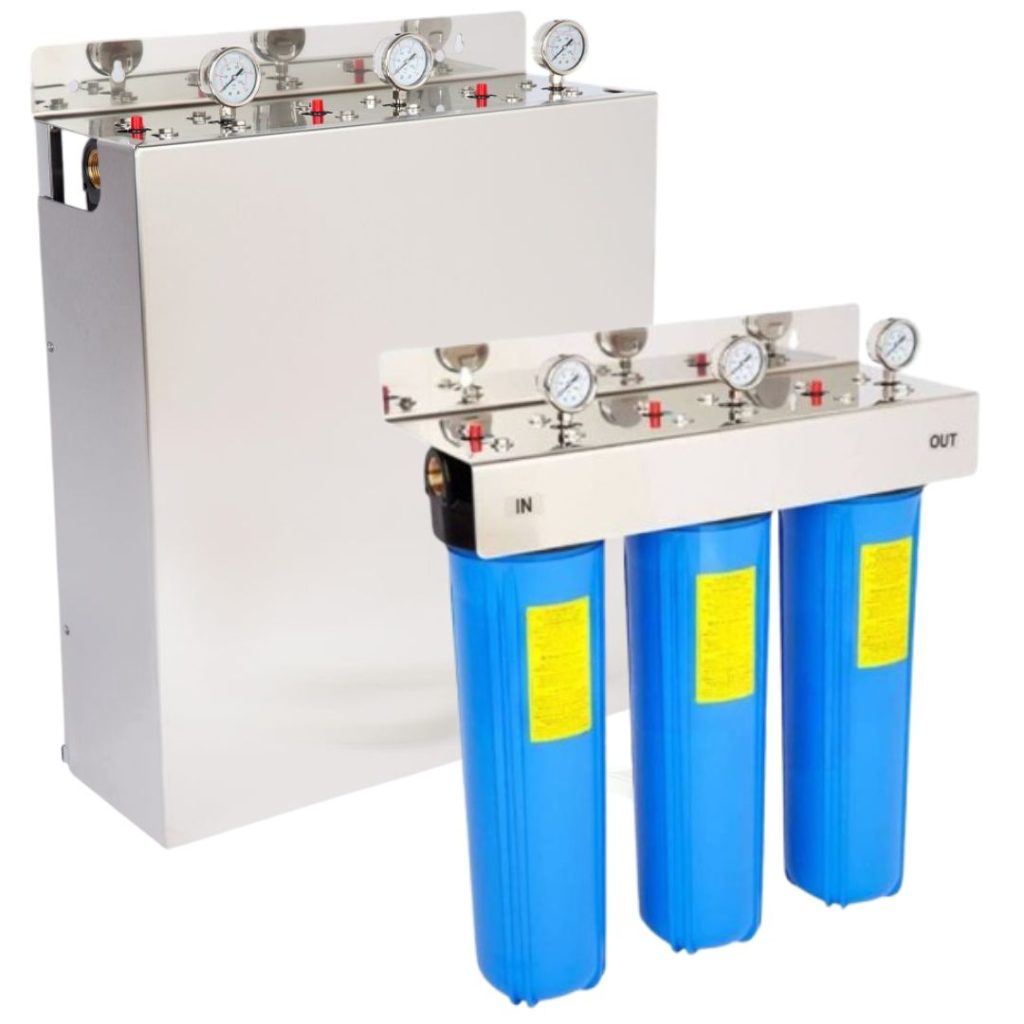
Benchtop Water Filter
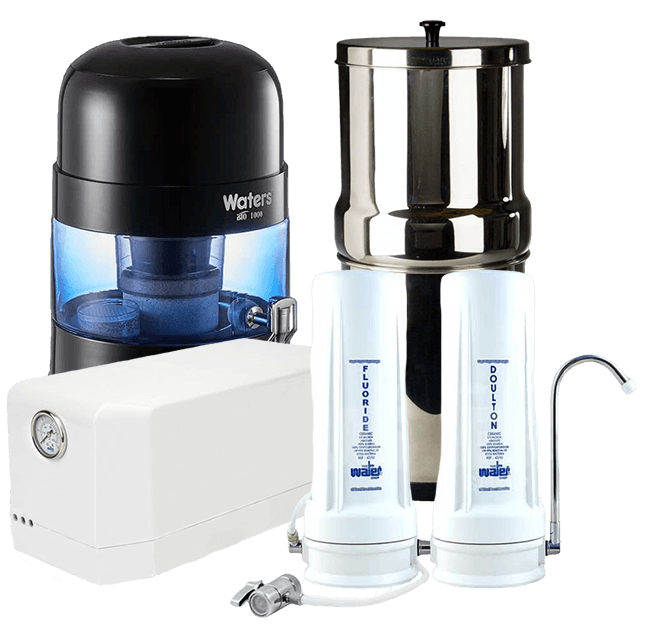
Clean Water for a Healthier Family
As a mother, I want the best for my family—and that includes the water we drink and bathe in. If you’ve ever questioned the safety of your tap water, trust your instincts. Investing in proper filtration has made a noticeable difference in our health and well-being.
If you’re in Australia and struggling with the chemical taste of tap water or dealing with skin sensitivities, consider a whole home filtration system paired with a benchtop RO purifier. Your body and your family will thank you.
Have you noticed any effects from tap water? I’d love to hear your experiences – share them in the comments!
Stay hydrated, stay healthy, Janka from Living Whole

